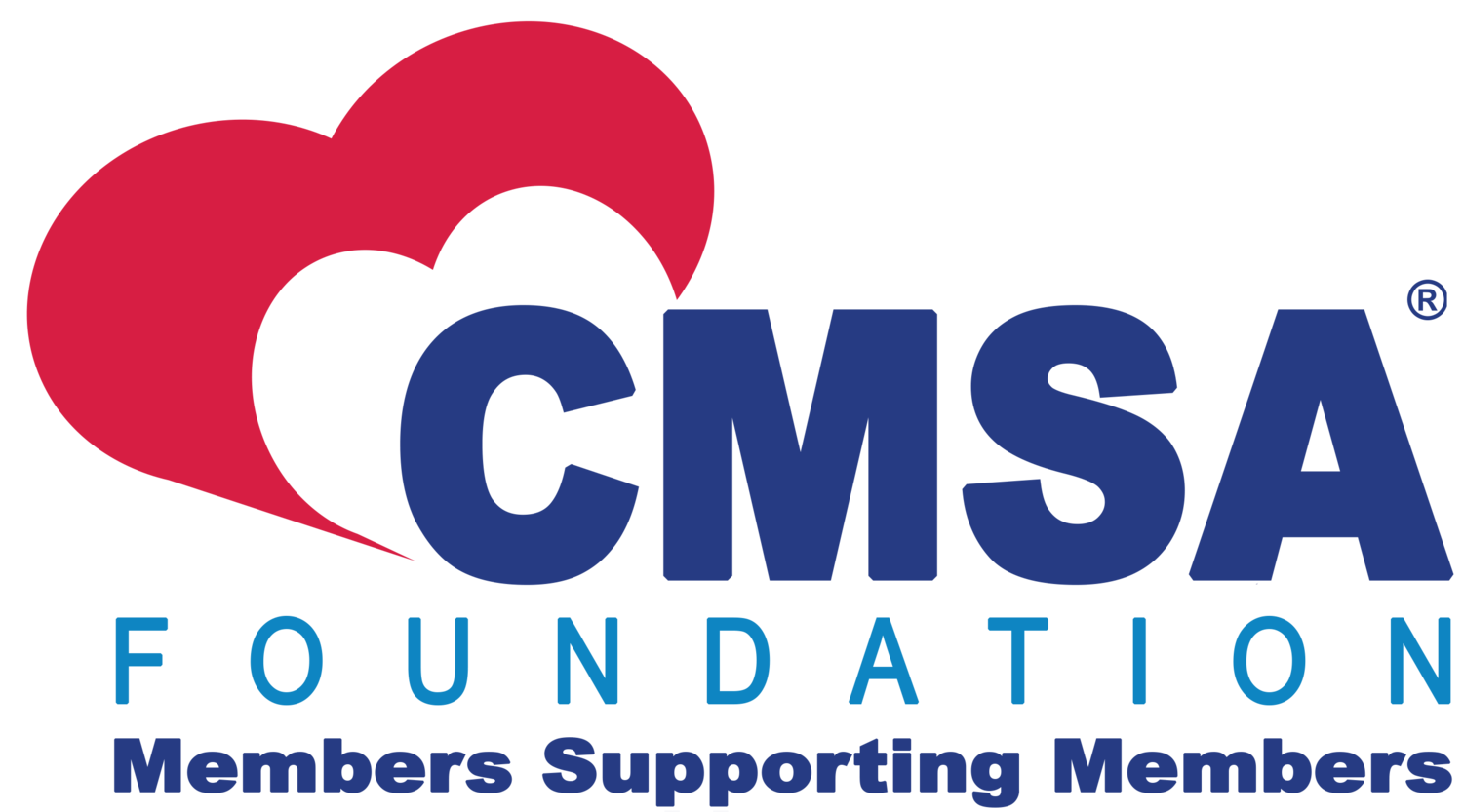2019 CASE MANAGEMENT RESEARCH AWARD
PROJECT TITLE: Case Study: Triad Case Management Model Applying Human Performance Technology
RECIPIENT: Kelson Zehr
CATEGORY: Case Management Model
ABSTRACT: Despite the level of organizational investment in training and performance improvement, little is known about different models of case management as performance improvement interventions for ever-increasing health care issues. Based on Van Tiem, Moseley, and Dessinger's Performance Improvement/Human Performance Technology model, this case study used qualitative semi-structured interviews and quantitative archival aggregate patient data to answer the following research questions: RQ1. How did the implementation of the triad model of case management process improvement change case management processes and implementation methods? RQ1a. What happens to key performance indicators (cost of service, patient satisfaction, and quality of care) when the triad model of case management is implemented? RQ2. How did acceptance and resistance to a new case management model manifest themselves during the implementation of the triad model improvement intervention? Seven hospital employees answered questions regarding possible resistance to change during the implementation phase. Data analysis included comparisons of the participants’ responses regarding cost of care, quality of care, and satisfaction with services to quantitative archival measures of those variables. Mean comparisons revealed that only quality of care difference was positively significant after the implementation. Participant interviews indicated all three key performance indicators improved with this intervention. Participants also approved of the change to this model after initial work inequity perceptions were resolved. Recommendations for future research include evaluating beyond the time frame used in this study to assess for change and possible resistance to change in an organization using emerging trends in the completed human performance technology (HPT) process.
Case management interventions have been applied to address health care outcomes of cost, quality of care, and satisfaction of services with inconsistent results: the duration and intensity of case management was not sufficient to confirm a change in outcomes and degree to which it was implemented compared to how it was originally designed (Jansen et al. 2011); no measurable way to assess how it conformed to its original design (Rapp et al., 2014); incomplete information about the intensity, breadth, and duration of functions of case management; difficulty linking specific outcomes to specific intervention components; and some studies not using a pre-specified protocol (You et al. 2012).
RESULTS / OUTCOMES:
Triad model CM of this hospital resulted in increased client satisfaction and quality of care, despite initial resistance from no change model. 3 out of the 7 employee participants initially were resistant for the following reasons: uncoordinated implementation, inadequate training in new triad model and lack of employee involvement in change process.
Hospitals should involve staff members in all steps of change. Organizational change implications can be linked to customer and employee satisfaction, which could exert financial impact if not managed effectively through the following concerns: employee dissatisfaction, stress, and possible attrition.
The results of this study can be used as a framework for identifying core, functional, and individual competencies in applying a triad model of case management within a hospital setting and implementing these competencies through a systematic process for analyzing gaps and closing them.
LINK TO FINAL DISSERTATION:
Case Study: Triad Case Management Model Applying Human Performance Technology

